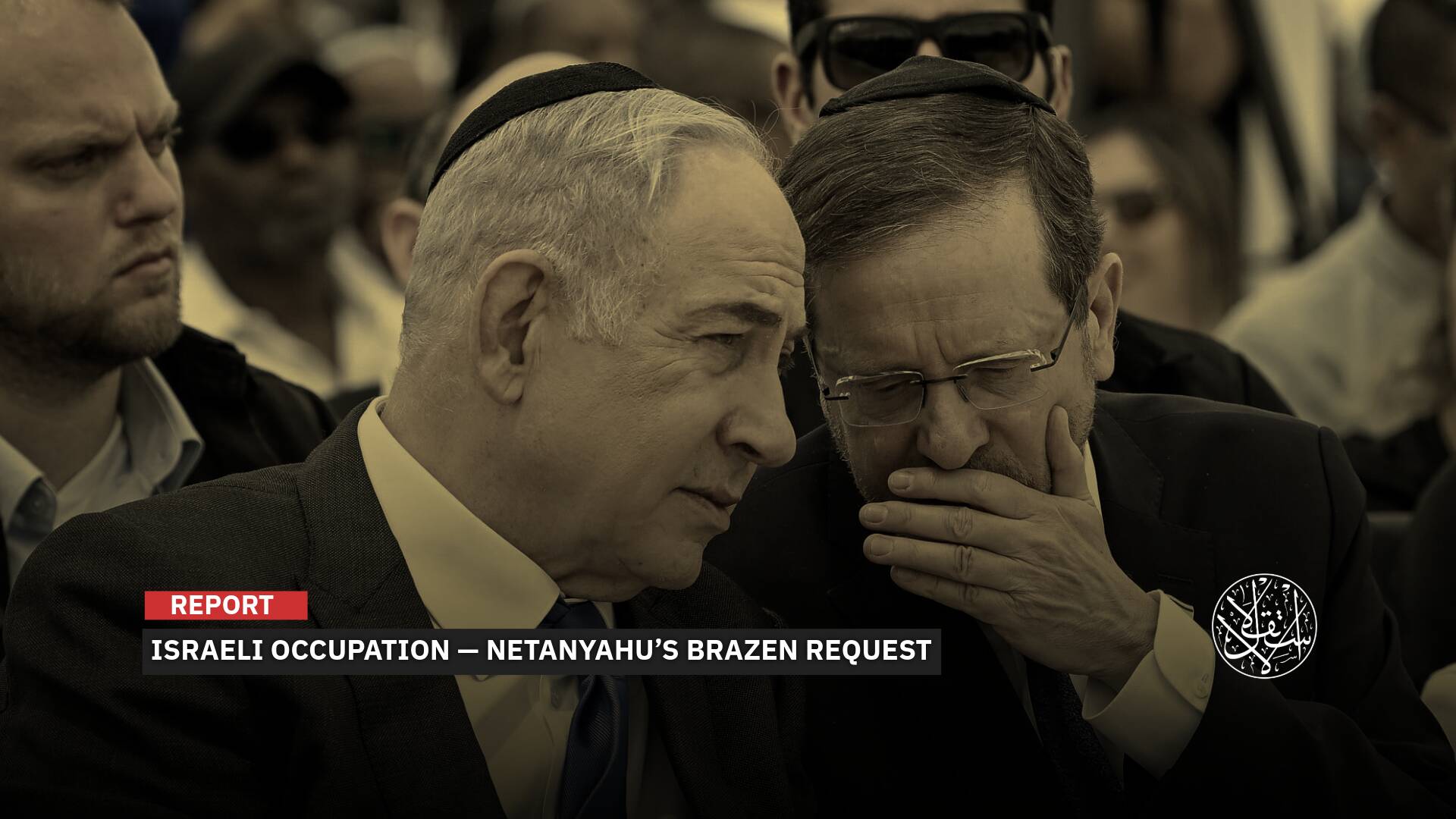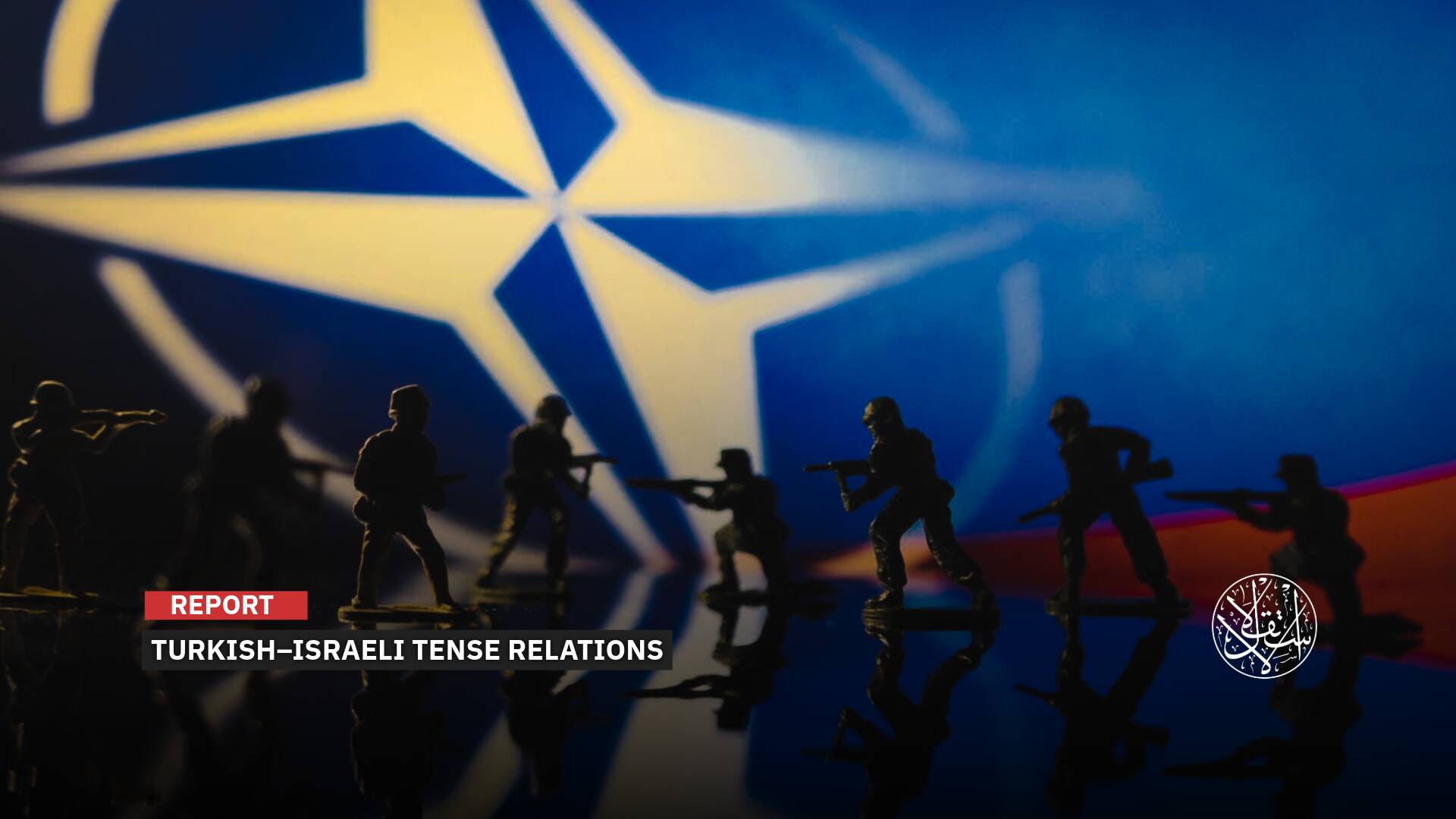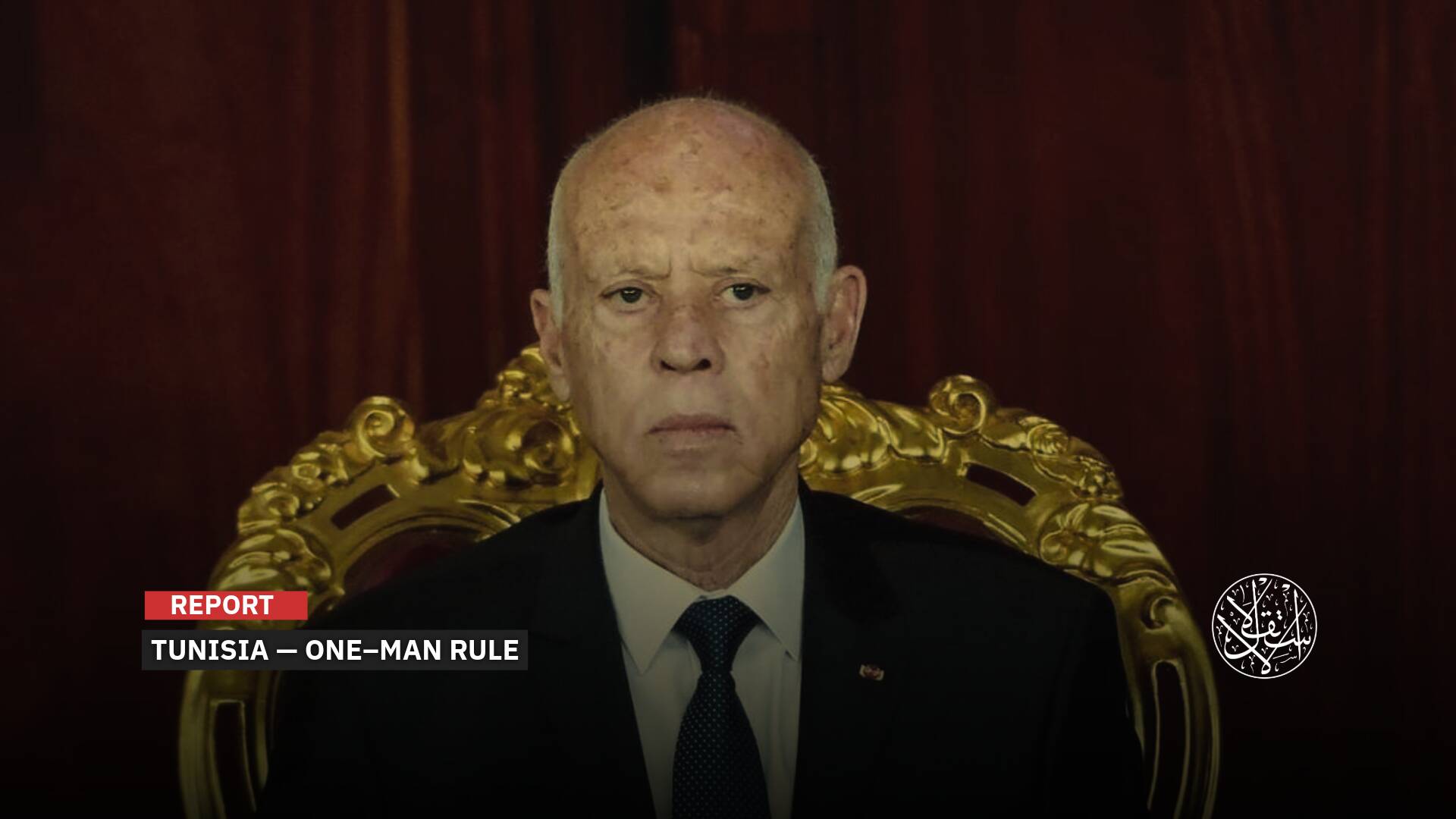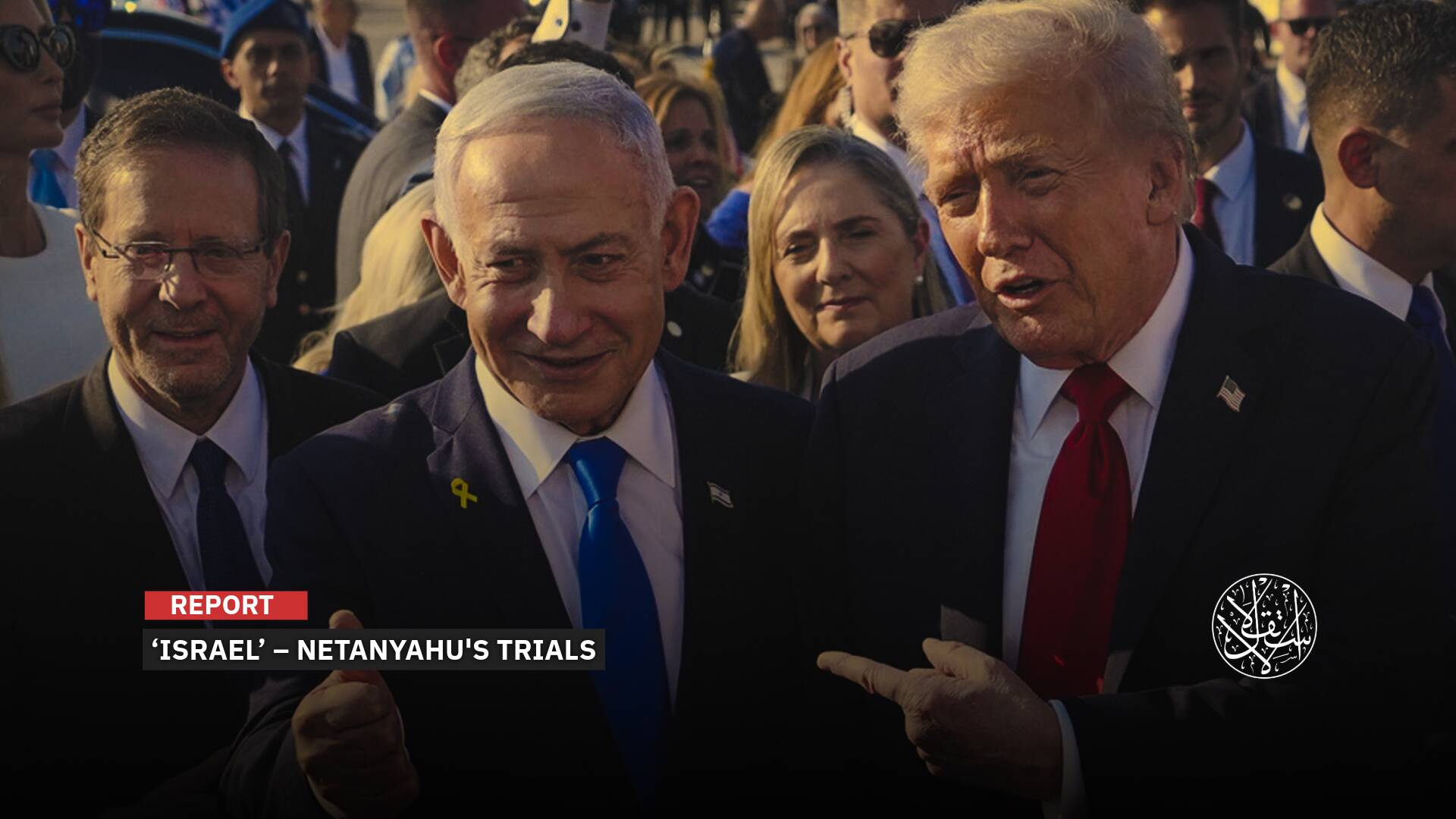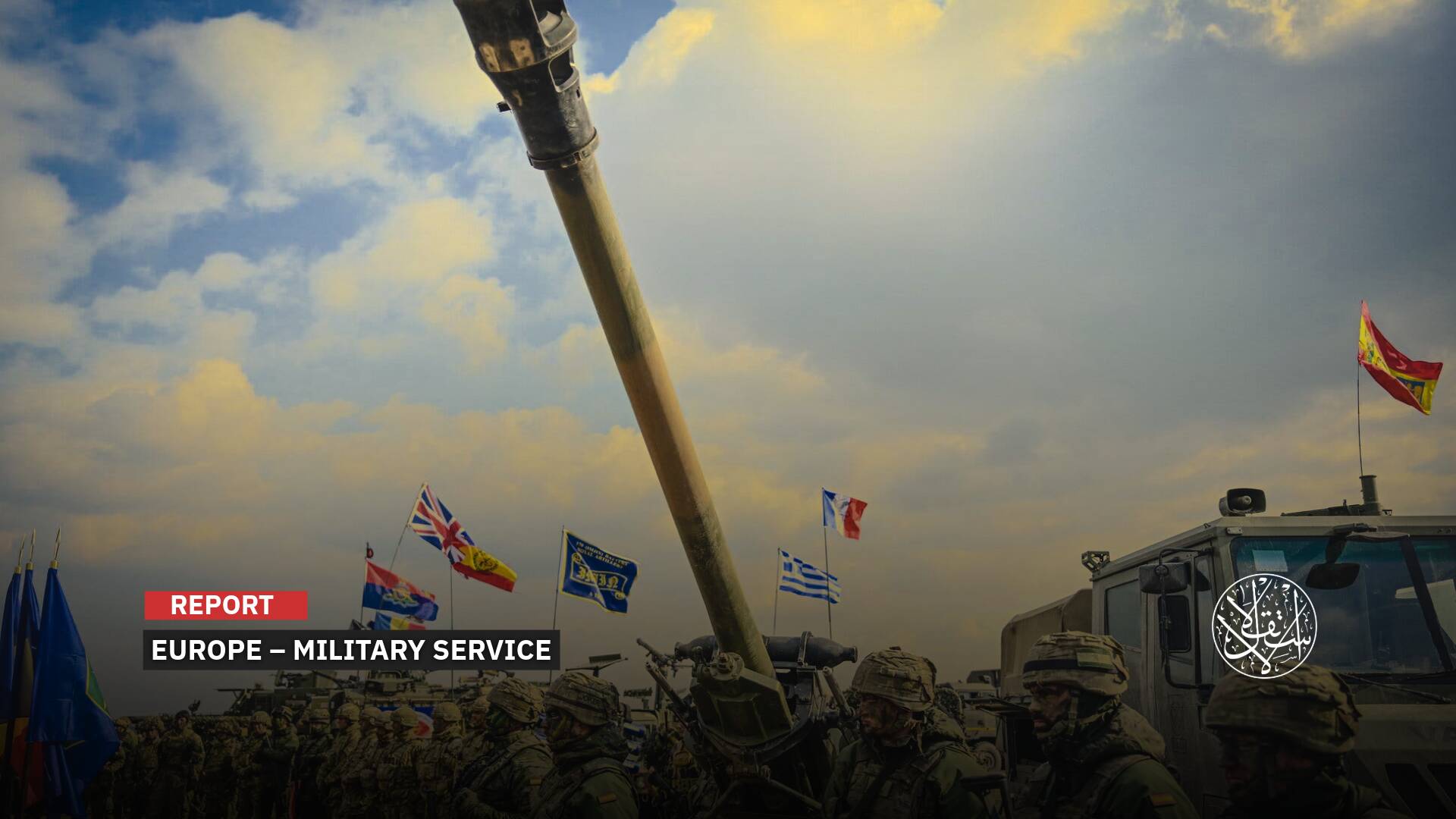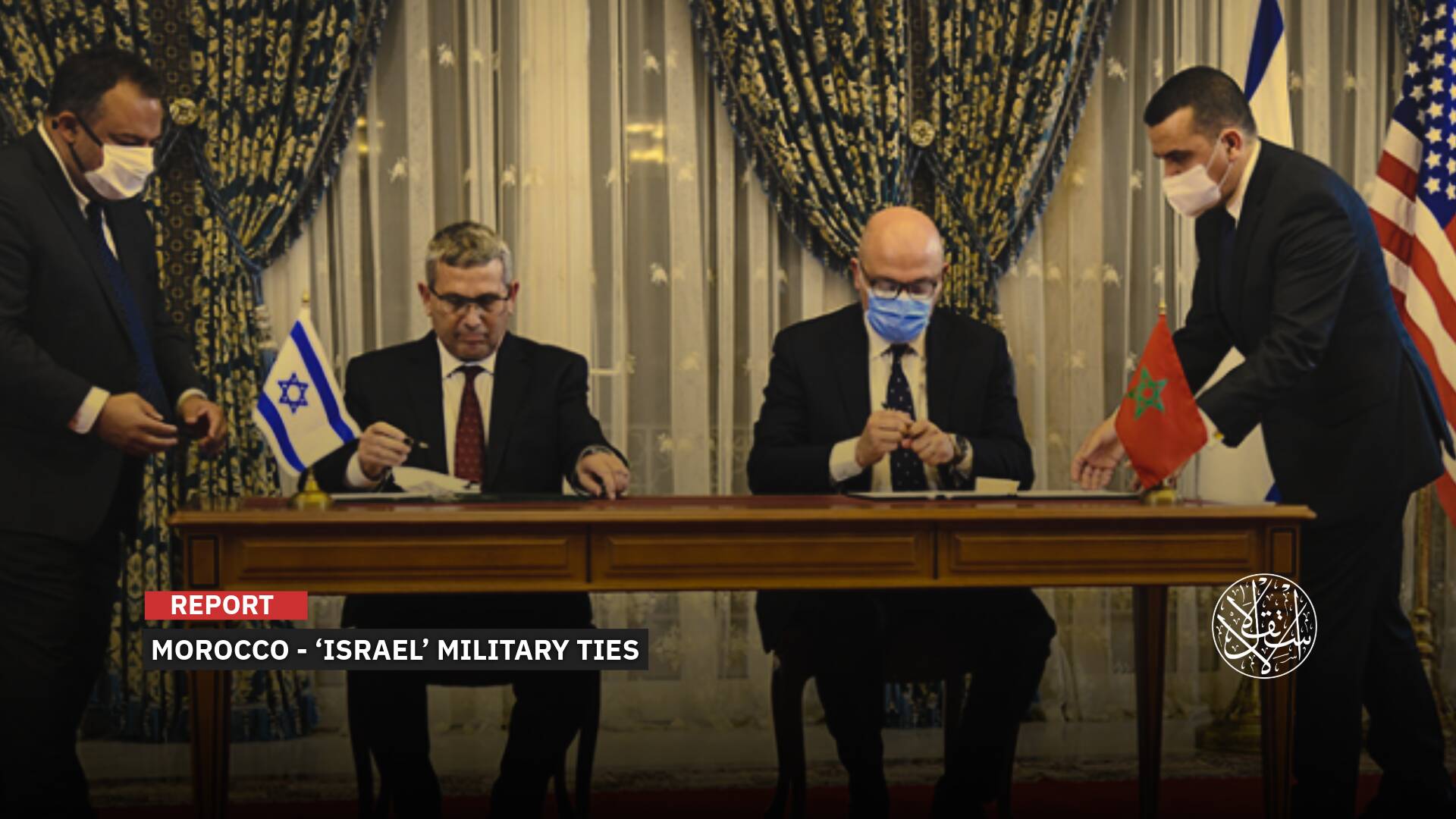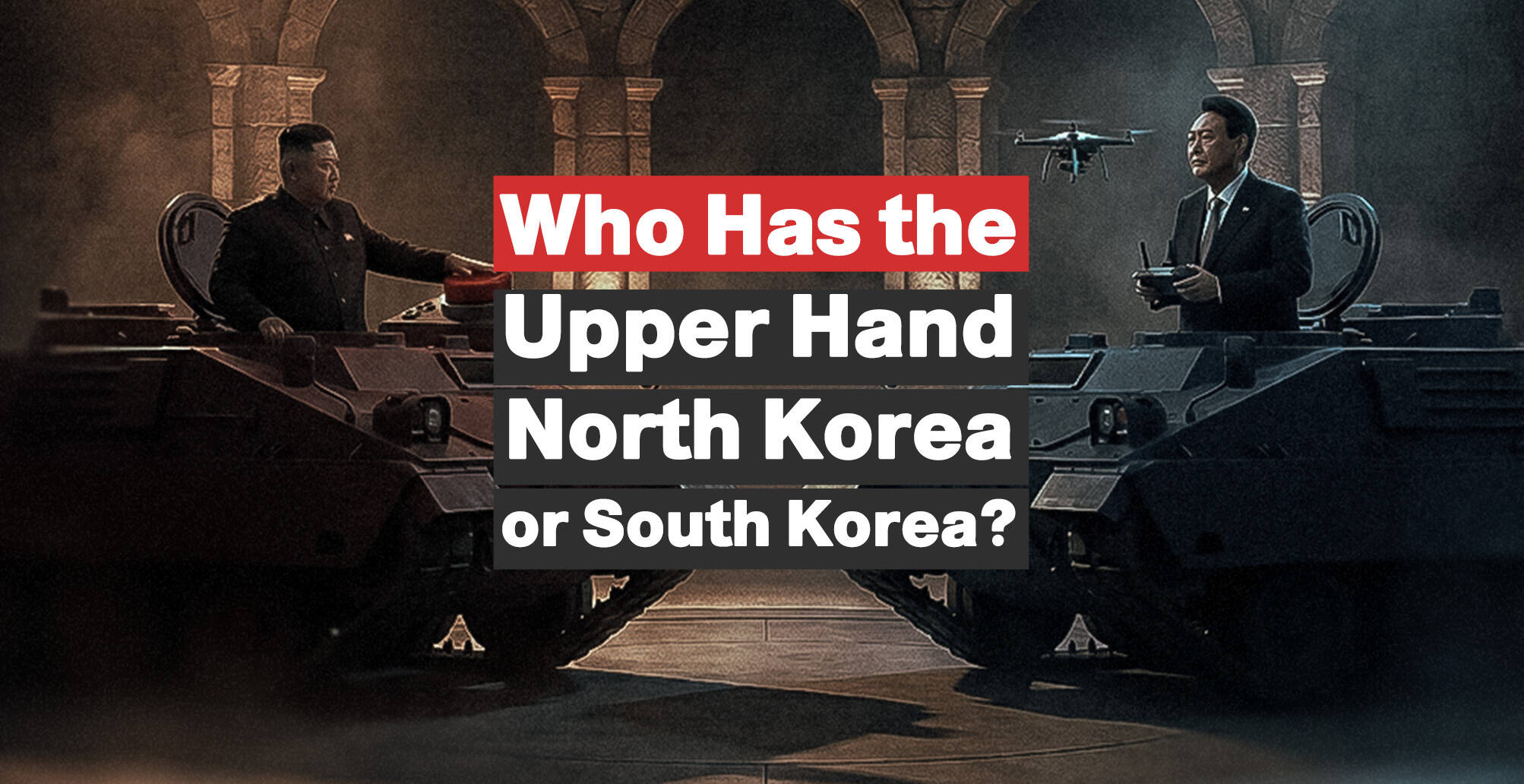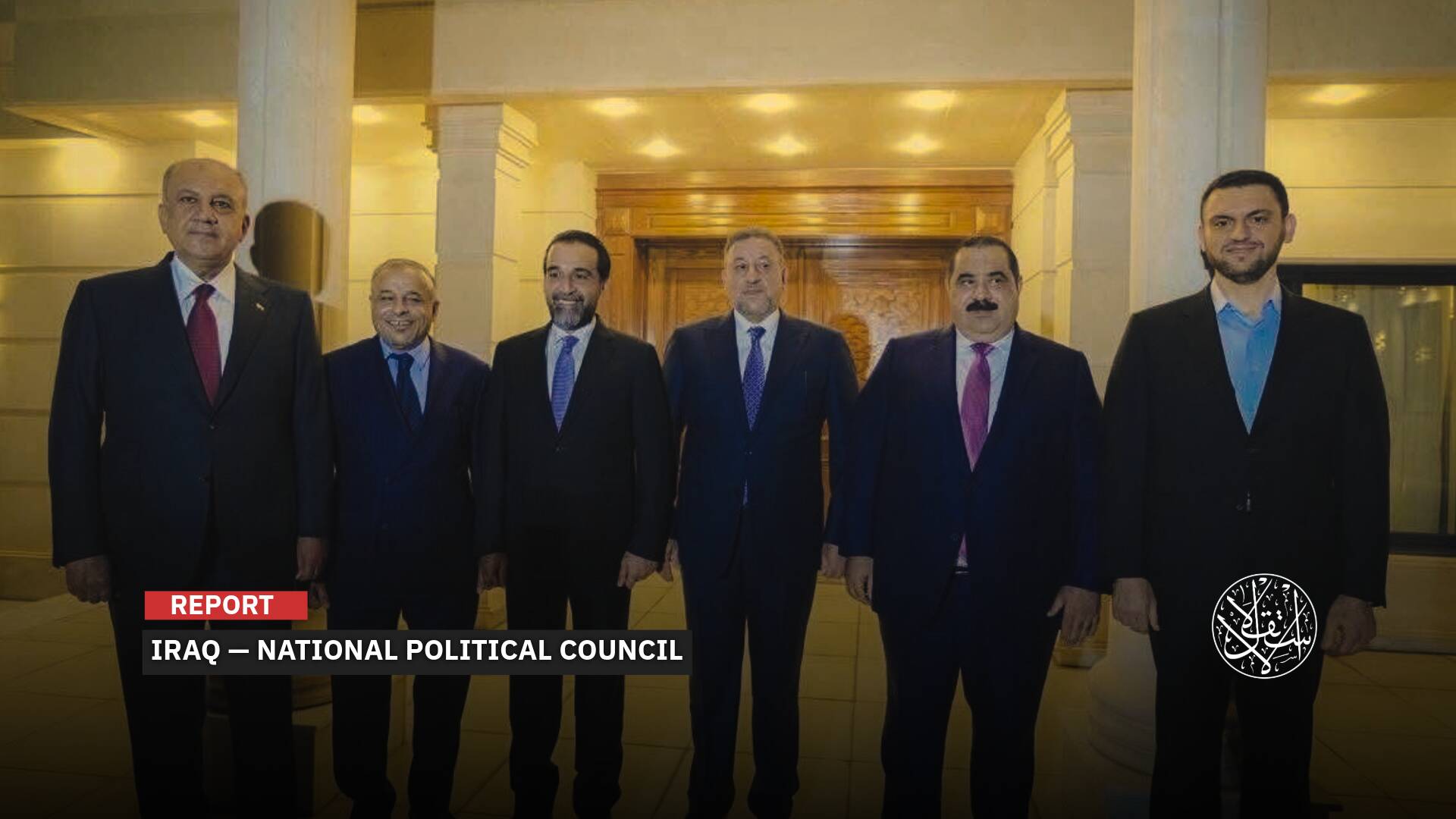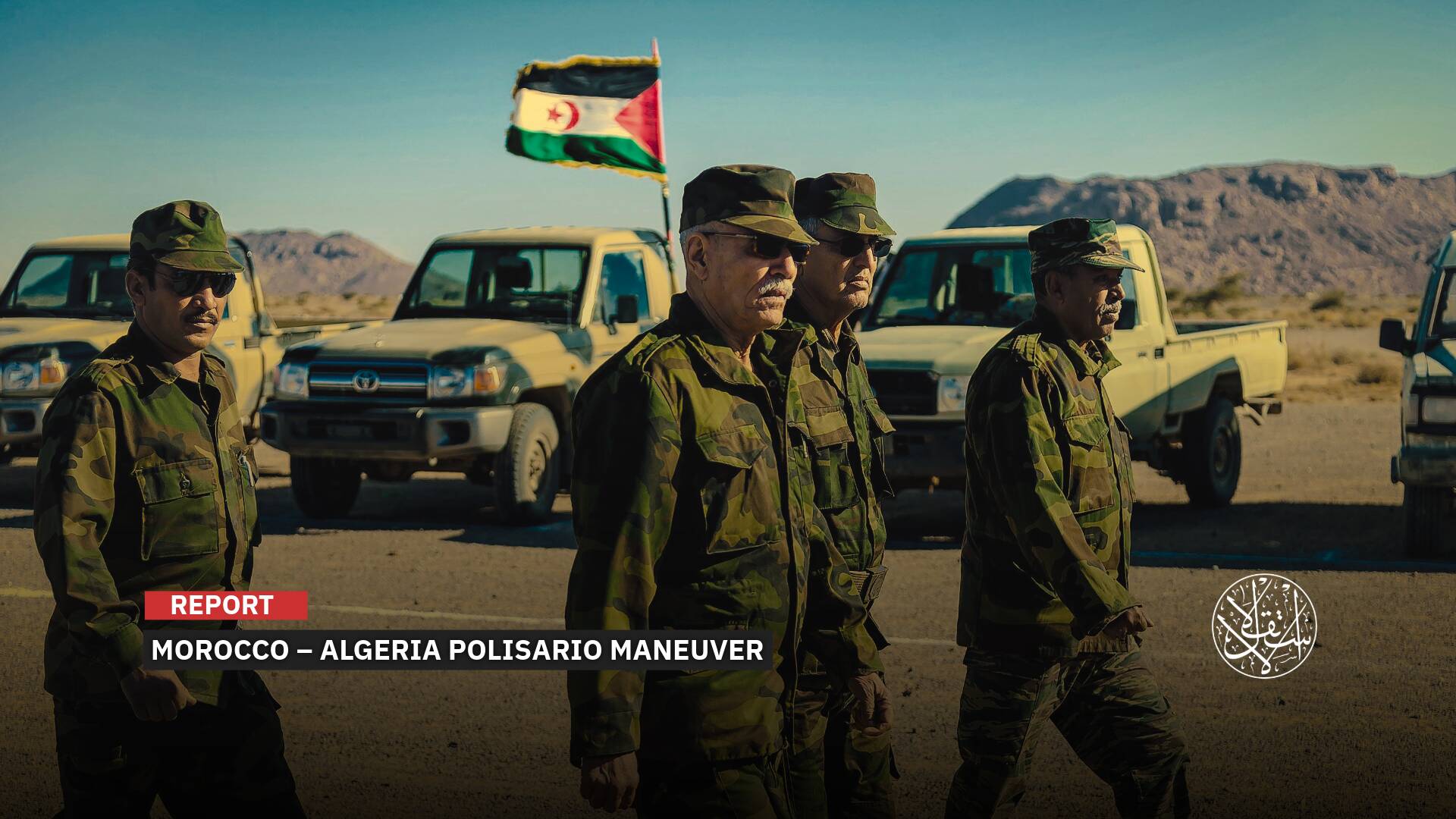Macron's Controversial Remarks Spark Outrage in Africa and Strain Relations

French intervention has intensified the crises in the Sahel countries.
French President Emmanuel Macron has sparked fierce criticism from African nations following remarks described as "hostile and condescending."
Macron's comments came during the annual ambassadors' conference in Paris on January 6, 2025, where he outlined France's foreign policy priorities for 2025 in response to "global upheavals."
In his remarks, Macron directly criticized African leaders, stating that France was right to intervene militarily in the Sahel against terrorism since 2013, but the African leaders forgot to say 'thank you.'
"None of them would be a sovereign country today if the French army had not deployed in the region," he added joking, "It does not matter, it will come with time."
Macron rejected the notion that France had been expelled from Africa, insisting that Paris had offered African heads of state the option to reorganize the French military presence, adding, "As we are very polite, we have given them the priority of the announcement.”
“We left because there were coups d'etat, because we were there at the request of sovereign states that had asked France to come,” Macron said, “France no longer had a place there because we are not the assistants of putschists.”
Chadian Outrage
In response to Macron’s comments, Chadian President Mahamat Idriss Deby expressed his displeasure on January 7, 2025, over the French president’s accusation that African leaders were "ungrateful."
In a statement posted on the Chadian presidency’s official Facebook page, Deby said, "I would like to express my discontent with the recent remarks made by Macron, which verge on contempt for Africa and Africans."
"Macron misunderstood the times," President Deby said, describing his country’s decision to end military cooperation with France as “sovereign.”
Chad's Foreign Minister, Abderaman Koulamallah, described French President Macron's comments as a "contemptuous attitude towards Africa and Africans."
In a statement released by Chad's Ministry of Foreign Affairs via its official Facebook page on January 8, 2025, Koulamallah said, "History bears witness that Africa, including Chad, played a crucial role in liberating France during both World Wars, a fact that France has never acknowledged."
"The immense sacrifices made by African soldiers in defense of freedom were downplayed, and no meaningful gratitude was expressed."
"French leaders must learn to respect African peoples and recognize the value of their sacrifices."
"France has never significantly equipped the Chadian army or contributed to its structural development. Over 60 years of its presence, which witnessed civil wars, rebellions, and prolonged political instability, France’s contribution was often limited to its own strategic interests, with little lasting impact on the development of our people," Koulamallah noted.
On November 28, 2024, Chad announced the cancellation of an agreement signed with France to enhance cooperation in the fields of defense industries and security.
Macron's comments came after Chad demanded that the French government withdraw all its forces from the African nation by January 31, 2025.
Months earlier, France ended its military presence in Mali, while Niger and Burkina Faso declared the termination of their military agreements with France.
Senegalese President Macky Sall also recently announced his intention to close French military bases in his country.
France's military, economic, and cultural influence in African countries has been waning, coinciding with growing African calls for dismantling the colonial legacy, according to observers.
In parallel with France's decline, new international players, particularly China and Russia, have increasingly engaged in the region.
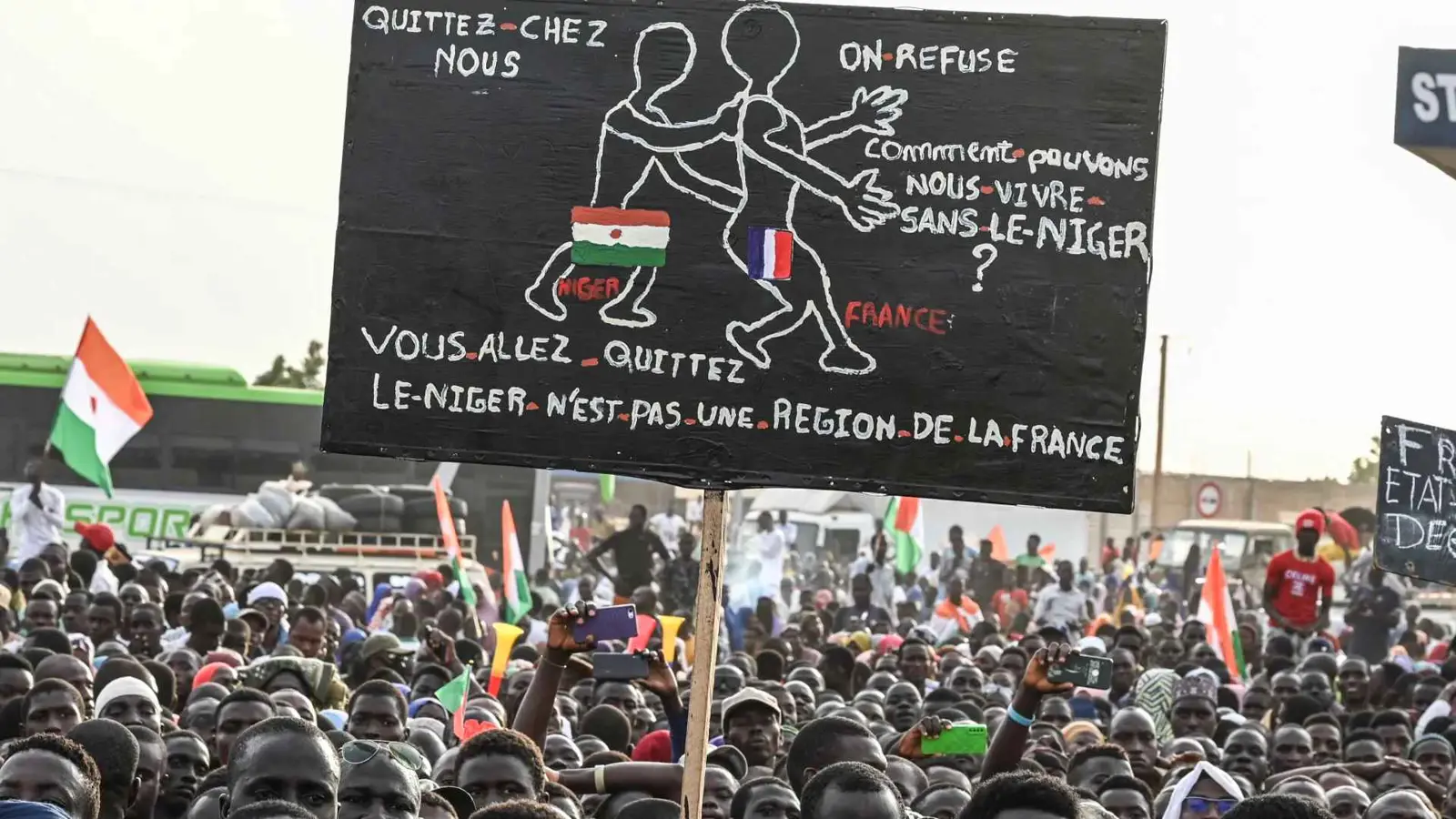
Senegalese Denial
In response to Macron’s comments, Senegal’s Prime Minister, Ousmane Sonko, denied that the announced withdrawal of French troops from his country had resulted from negotiations between Paris and Dakar.
Sonko strongly condemned Macron's statements regarding France's military commitment in Africa in a post on Facebook on January 6, 2025.
He described Macron's claim that the withdrawal of hundreds of French soldiers had been proposed by France, allowing the concerned countries to take the lead in announcing the pullout, as "completely false."
"No negotiations have taken place thus far, and the decision made by Senegal reflects its will as a free, independent, and sovereign nation."
"France has often contributed, on the contrary, to destabilizing certain African countries, such as Libya, with dire consequences for the stability and security of the Sahel region," Sonko added that “it neither has the capability nor the legitimacy to ensure Africa’s security and sovereignty.”
In contrast, the French radical left-wing party "La France Insoumise" deemed the president's remarks as reflecting "a blindness bordering on madness" and exposing "a new form of colonial paternalism that is intolerable."
In a statement issued on January 7, 2025, the party argued that “such comments are politically inconsistent and entirely irresponsible diplomatically, further weakening our relations with West African countries.”
Ongoing Failures
Leslie Varenne, Director of the Institute for International and Strategic Studies in Paris, criticized what she described as "Macron’s repeated attempts to alter the facts, turning failures into successes."
She dismissed the idea that "the end of France's interests in the Sahel region was one of the reasons behind his attack and provocation."
In a press statement commenting on Macron’s remarks, Varenne stated that "in Africa, considering both the past and present history, the tone being sent is like adding fuel to the fire, rather than easing tensions."
"The French president cannot confront his failure in the Sahel," arguing that "the foreign policy he pursues represents his continued weakening of France," she continued.
Regarding the timing of the statements, Varenne found it difficult to offer a clear analysis, saying, "They came from the president without considering the consequences, to the extent that Chad and Senegal responded harshly, and it has sparked a fire on social media that will be hard to extinguish."
In this context, Varenne, who published a book titled Emmanuel Macron in the Sahel: A Journey of Defeat, argued that the French president's speech "lacked any diplomatic tone, which shows his misunderstanding of African issues and his disregard for maintaining respect in bilateral relations, including the unique interests and cultures of each country."
Severe Mistakes
Political discourse analyst Asani Samp stated that "France is making grave mistakes," adding that "this is not the first time, and it will undoubtedly fuel the radicalization of African leaders."
In an interview with African Decisions on January 13, 2025, Samp noted, "I believe Macron is trying to compensate for the mistakes made in France’s relations with Africa, attempting to take the initiative for his own benefit."
"In reality, he is speaking to the French and European public to reassure them that the situation is under control and that what is happening is exactly what the French wanted. They still control the dynamics of the relationship between Africa and France."
The political analyst disagreed, saying, "The reality is entirely different, as the French have actually lost control for a long time."
"It is clear that France has little control over these relationships, and this is precisely what has upset and embarrassed Macron to the point that he made such a clumsy outburst, which will also have equally negative consequences."
Samp believes that Macron’s latest remarks "could have negative consequences on French-African relations."
"It is clear that France will lose more ground, with Russia and China already present, ready to cooperate in far more flexible and substantive ways."
According to the political analyst, "The relationship between France and Africa is beginning to strain. However, he insists that he does not believe there will be a complete rupture, such as the one declared by the G5 Sahel alliance."
"I don’t think other countries will follow suit, especially those in the Economic Community of West African States (ECOWAS), certainly not. For many of these countries, France will remain a strategic partner, with deep historical and cultural ties on all levels."
"Economically as well, we are not ready for a collapse. France remains a great economic and technological power, and we need to transfer technology," the political analyst concluded.
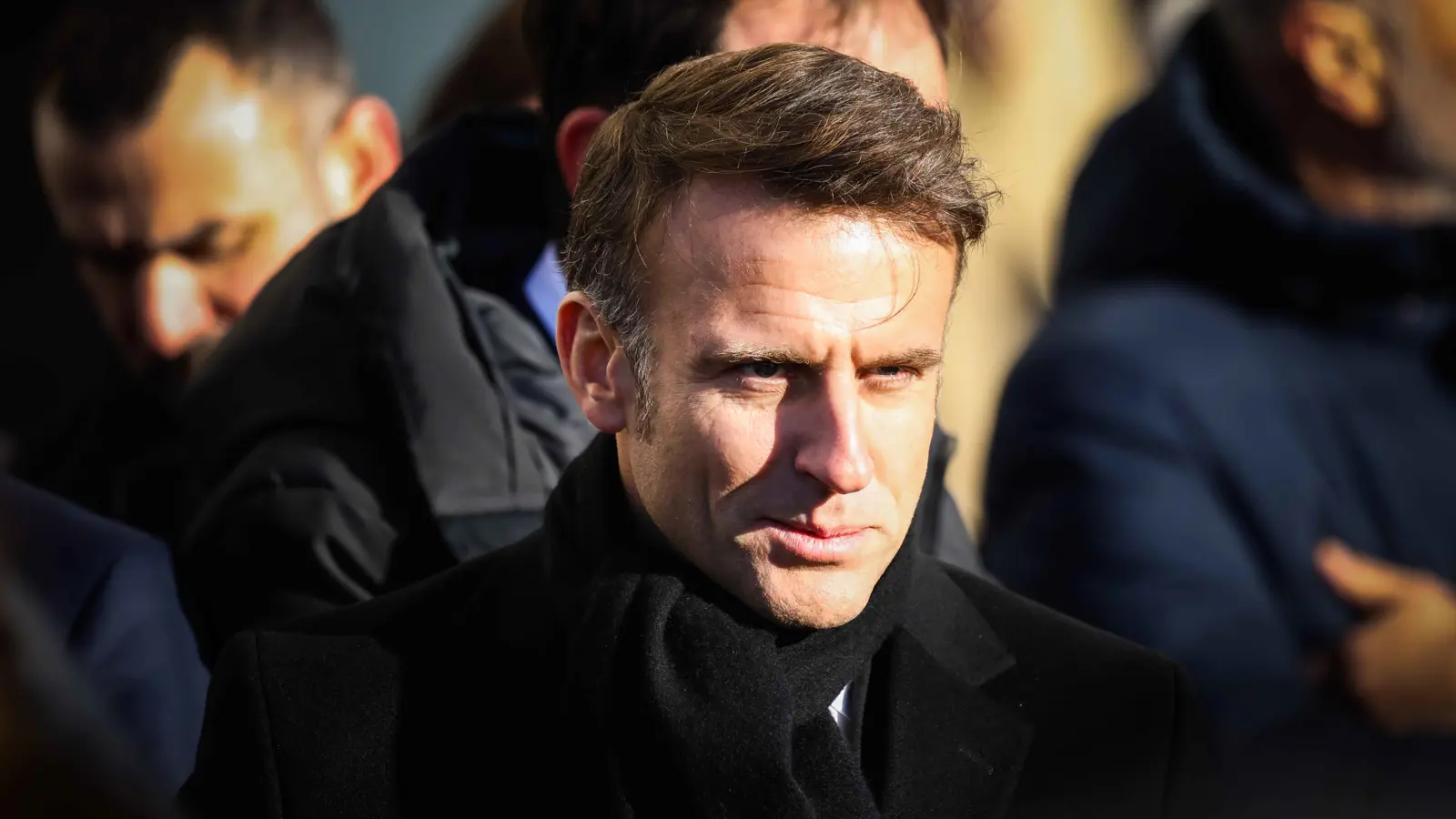
Correcting Mistakes
In his analysis of the situation, African affairs specialist Edris Ayat argued that "the data and testimonies confirm that France’s intervention has not contributed to stabilising or strengthening the sovereignty of the Sahel nations; on the contrary, it has exacerbated the crises."
Ayat told Al-Estiklal that "therefore, the question remains valid: what exactly is France asking to be thanked for? For the policies that turned the Sahel into a hub for global terrorism? Or for interventions that undermined the sovereignty of these countries and thwarted their development efforts?"
The academic emphasized that "Macron’s remarks, far from being a call for recognition of his country’s efforts, reflect a complete failure to understand the reality and a desperate attempt to avoid the historical responsibility that France has borne towards Africa for decades."
French political analyst Jean-Philippe Bouy, an expert on African affairs, remarked that "correcting Macron’s mistakes in Africa will depend on strong political will and a long-term strategic vision," explaining that "it is unlikely that his successors will bring about any noticeable improvement in the near future."
Bouy added to Al-Estiklal, "The French military intervention in Africa, particularly in the Sahel, was based on flawed assumptions about the West’s ability to control the security situation."
"Macron misunderstood the dynamics of political independence in certain African countries, but his successors will face even greater challenges in attempting to overhaul French policy completely."
"If France is serious about improving its relationship with Africa, it needs to provide real support to African economies and contribute to the development of infrastructure, rather than focusing its efforts on military dominance."
"Developments in African countries, alongside political and social changes on the continent, may affect the willingness to cooperate with France. Additionally, international pressure and competition from other global powers such as China and Russia may force France to reconsider its role in the region," the political analyst concluded.


